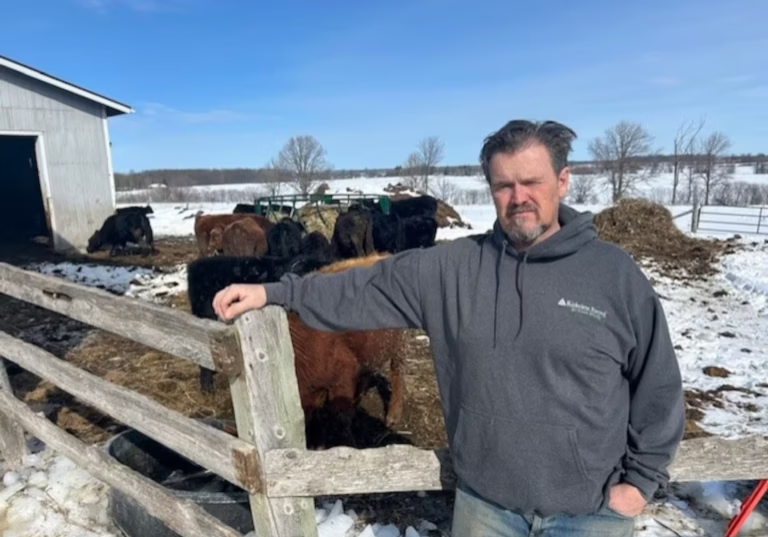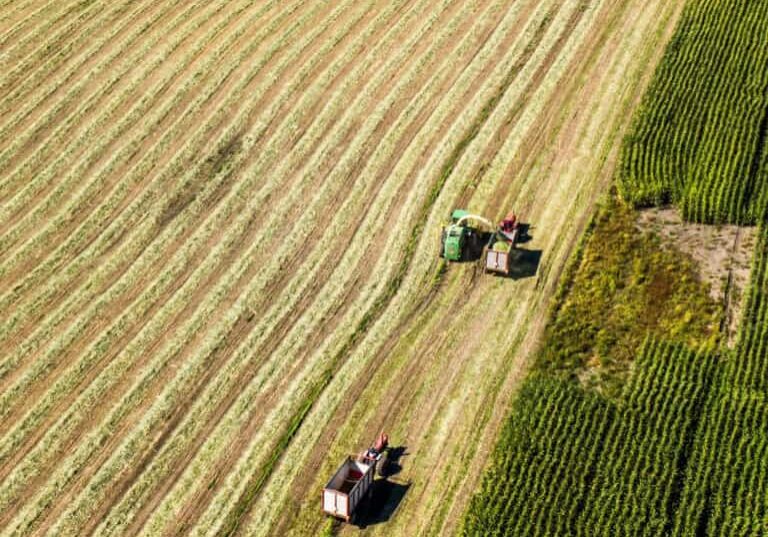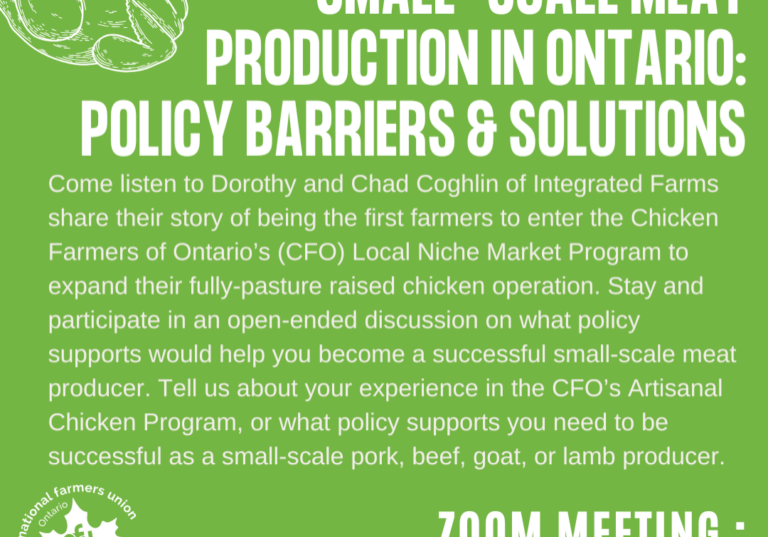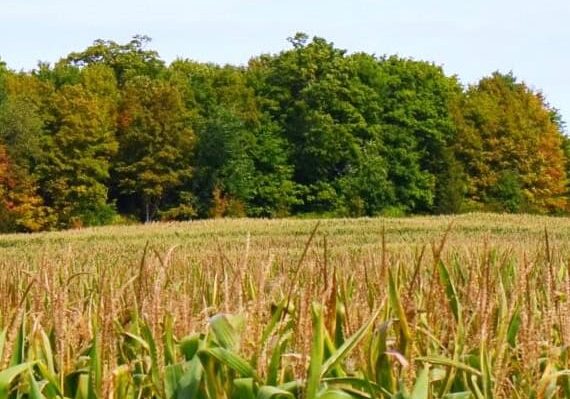Growing Concerns: The Pushback Against Land Expropriation in Wilmot
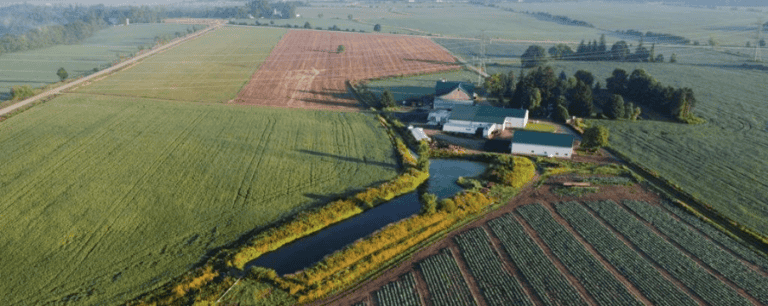
National Farmers Union – Ontario Newsletter
The Rural Voice | May 2024
In early January, farmers and landowners of 770+ acres of prime agricultural land in Wilmot Township received offers from Vive Development, a US-based consulting company acting on behalf of the Region of Waterloo, to purchase their land for $58,000 an acre – none of them accepted.
In March, the same farmers were offered $35,000 an acre by Canacre, a consulting firm hired by the Region of Waterloo. Now, those landowners face the threat of having their land expropriated, should they refuse to sell.
At the time this article is being written there has yet to be confirmation on what this land, if expropriated, would be used for. However, there is an underlying understanding that the township hopes to rezone this land for industrial use and embark on a significant development project. The 770 acres of prime farmland between Wilmot Centre, Bleams and Nafziger roads slated for industrial development are currently home to vegetable, grain, and dairy operations, as well as two significant creeks that flow into the Nith river.
Beyond the potential loss of even more of our prime agricultural land, already diminishing at a rate of 319 acres per day, the NFU-O is deeply concerned with the complete lack of public consultation and transparency demonstrated by the municipal decision-makers. The absence of consultation with the Grand River Conservation Authority (GRCA) despite major water supply concerns in particular displays the prioritization of fast-tracking development over the public good. The forcible acquisition of this land will have profound implications for Ontario’s food security and for land use planning across the province.
Ontario farmland is globally recognized as some of the best farmland in the world. Only 4% of Canadian land is suitable to grow crops, and some of the most fertile land is found in Wilmot and neighboring Townships. The protection of these lands for agricultural use is outlined in the Provincial Policy Statement (PPS), but if this industrial development in Wilmot Township is given the greenlight, we fear that it will set the wrong precedent and will make it more difficult for other Ontario counties and townships to protect their own agricultural and ecologically-sensitive land. This is further supported by the proposed policy revisions in the Ontario Government’s Bill 162, Get it Done Act (2024) which are designed to make it easier for regional authorities to expropriate farmland and fast-track farmland rezoning and development.
“Just like the recent failed Greenbelt Grab, short-sighted decision-making is taking precedence over sustainable development,” says Max Hansgen, NFU-O President. “The complete lack of public consultation and transparency in Wilmot Township clearly shows that land use decision-making in the province still has not incorporated the lessons from popular opposition to Bill 23 and Bill 97. Ontarians agree that industrial development does not belong on farmland.”
The case in Wilmot Township underscores the urgent need for municipalities to assert more control over their land use planning efforts. Since the provincial government has failed to uphold democratic land-use regulatory mechanisms, the responsibility, now more than ever, lies with local decision-makers to engage in transparent, democratic processes that prioritize the long-term interests of their communities.
We call on municipalities to steer the course towards a future where development does not come at the cost of agricultural prosperity and public trust. For the agri-food sector to remain a critical economic driver in the province we must continue to protect farmland alongside sustainable, transparent land-use decision making processes. The constant weakening of environmental, agricultural, and democratic protection for the benefit of fast-tracking development is to the detriment of all Ontarians. Farmers and the public deserve better.
Click here to view the PDF version.
A subscription to The Rural Voice is one of the benefits of being an NFU-O member
